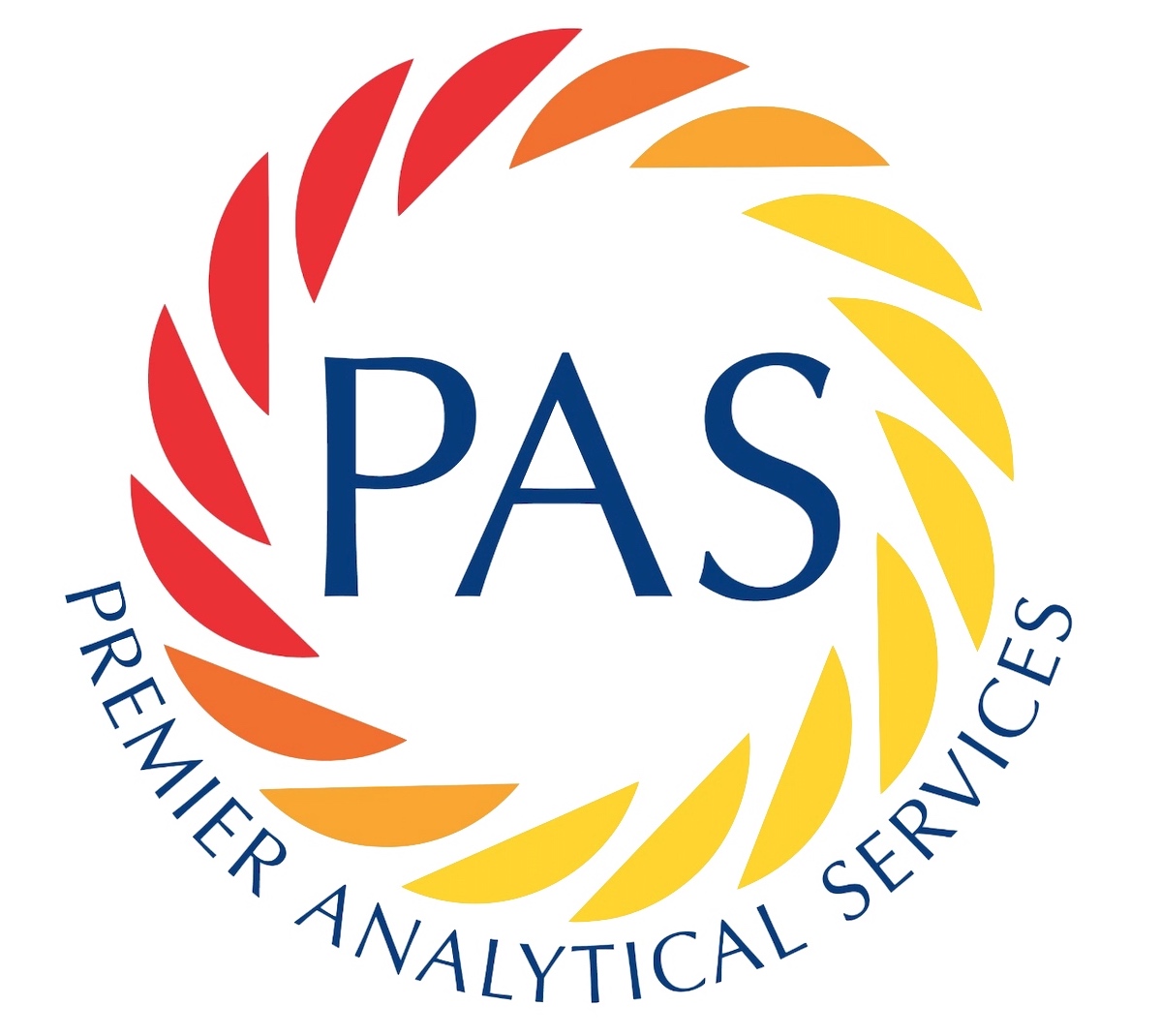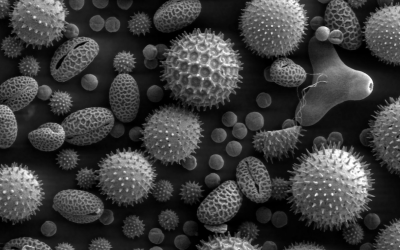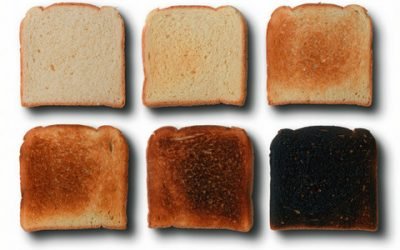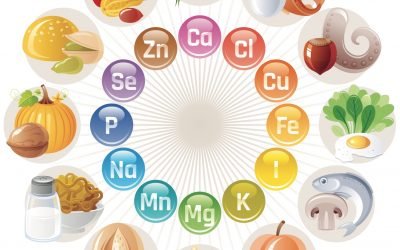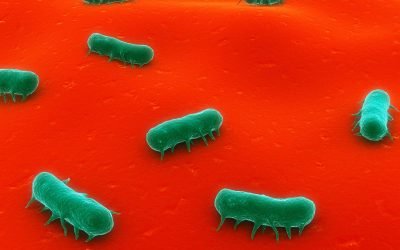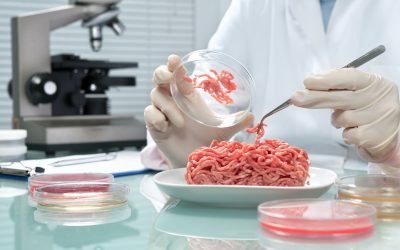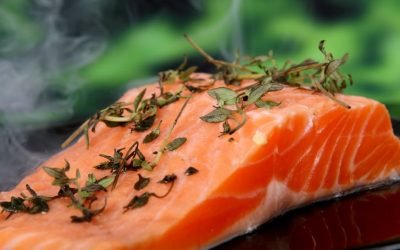The Latest From PAS
Latest FSA Data for Acrylamide
The Food Standards Agency have just released the latest data for the Acrylamide and Furan surveillance (https://www.food.gov.uk/science/research/chemical-safety-research/pc-research/fs102075) All analysis for both contaminants was completed by Premier Analytical...
Low Level Lactose Method UKAS Accredited
PAS are pleased to announce that their Low Level Lactose method is now UKAS Accredited. Lactose, the sugar component in milk, is one of the 14 allergens whose declaration is mandated based on the regulatory list in Annex II of European Legislation EU 1169/2011. PAS...
PAS Awarded ROSPA Gold Award 2017
Premier Analytical Services has once again been awarded a Gold Award (2017) from ROSPA - The Royal Society for the Prevention of Accidents. This is the eighth consecutive year that Premier Analytical Services has been recognised by ROSPA (with the last six years of...
Ochratoxin A and Melamine REGULATORY UPDATE
Commission Regulation (EU) No 594/2012 of 5 July 2012 amending Regulation (EC) 1881/2006 has been published. The changes are: ? Ochratoxin A: Maximum level in wheat gluten has been increased to 8µg/kg. New lower limits in some spices are now active. Pepper, ginger,...
Allergens – Risk Assessments and Labelling
PAS regulatory and allergen experts are available to give guidance on the latest regulations concerning allergen labelling and best practice raw material and production line assessment to guide advisory labelling. This advise is underpinned by UKAS accredited testing...
Acrylamide analysis at PAS
Acrylamide is an undesirable substance that can form during the preparation of foods and beverages by a variety of processes, both in the home and in commercial food production. Acrylamide belongs to a group of substances, collectively known as process contaminants...
Food Authenticity Newsletter Issue 5 March 2017
As product supply chains are placed under pressure to provide cost efficiencies while maintaining quality, it is more important than ever to verify that standards are kept. PAS are here to help with your food testing and authenticity challenges. Read the latest Food...
UKAS Accredited Acrylamide testing available- Contact us to find out more.
Acrylamide TestingPAS is UKAS accredited to test for acrylamide testing in food and food products. Our GCMS/MS method can detect levels as low as <0.001 mg/kg (typical). Please contact us on +44 (0)1494 526191 to talk about your testing requirements Acrylamide...
Dr Gordon Wiseman Wins FDF Food Scientist of the year 2016
Dr Gordon Wiseman named 'Food and Drink Scientist of the Year' For the second year running, a PAS scientist has received the prestegious 'Food and Drink Scientist of the Year' award. As well as heading the PAS Molecular biology team; Dr Wiseman is also a core member...
Vitamin B12 method now UKAS accredited
The Food Chemistry section are pleased to now be able to offer accredited Vitamin B12 testing following a successful UKAS audit. Please contact us for further information.
Bacillus Toxin (Cereulide) Testing
We are now able to test for the presence of the bacillus toxin cereulide in foods. A limit of detection of 5µg/kg(ppb) is obtained using LC/MS/MS. Please contact us for further information.
Detection of Horse Meat
The Molecular Biology Department at PAS has now developed a method to detect Horse DNA in meat products. It is a qualitative analysis using Real Time PCR. Please contact us if you would like further information.
Vitamin D Method now Accredited
The Food Chemistry section are pleased to now be able to offer accredited Vitamin D testing following a successful UKAS audit. Please contact us for further information.
Allergens – Risk Assessments and Labelling
PAS regulatory and allergen experts are available to give guidance on the latest regulations concerning allergen labelling and best practice raw material and production line assessment to guide advisory labelling. This advise is underpinned by UKAS accredited testing...
Additional UKAS accredited methods confirm quality services
Premier Analytical Services are pleased to announce that another 14 of our analytical methods have been accredited by the United Kingdom Accreditation Service (UKAS) to the ISO17025 standard. Accreditation by UKAS demonstrates the competence, impartiality and...
